The credit card squeeze, from convenience to mega financial crisis
- EP News Service
- Oct 15, 2024

Partial payment of credit card dues has spiralled into a major crisis
MUMBAI: The growing allure of mega sales on sites like Amazon and Flipkart with unbelievable bank offers on 'Buy Now, Pay Later' (BNPL) and Equated Monthly Installments (EMIs) schemes has captivated consumers and most of them being young, leading them to make high-value purchases on credit which would be otherwise unaffordable on a downpayment.
For millennials and Gen Z, gadgets and travel are seen as essential, further driving impulsive consumption and with offers like BNPL and EMIs stretched over several years, luxury items such as phones, laptops, or even vacations suddenly appear affordable.
While the young consider this as a viable purchase option, however, beneath the surface, this behaviour has contributed to an alarming rise in non-performing assets (NPAs), raising serious concerns in the financial sector. As of June 2024, outstanding credit card debt had surged to Rs 2.7 lakh crore, a sharp increase from Rs 87,686 crore in 2019, which reflects a compounded annual growth rate (CAGR) of 24% over five years. This staggering increase is exacerbated by a rise in credit card defaults, which now stand at 1.8%, up from 1.7% just six months earlier, according to TransUnion Cibil.
The surge in credit card debt is driven by the rapid adoption of e-commerce, BNPL services, and EMIs, which have encouraged impulsive online spending. Over the past five years, credit card usage has expanded by 81%, further fueled by easy access to credit.
Compounding the issue is a widespread practice known as the "minimum due" payment trap, where borrowers pay only a small portion of their outstanding balance each month, resulting in high interest rates—up to 48% per year. This practice has been particularly problematic among young consumers, leading to rising defaults. A recent report by Macquarie Capital revealed that many millennials are maxing out their credit limits and directly defaulting, causing net credit losses for credit card issuers to spike to 5-6%.
The central bank Reserve Bank of India (RBI) has flagged the rising risks of unsecured lending and is monitoring the situation closely. While some of its previous interventions, such as regulatory measures introduced in November 2023, have curbed growth in personal loans, credit card debt continues to balloon. For instance, credit growth in personal loans plummeted from 36% in June 2023 to just 3% in June 2024, but credit card defaults remain a major concern.
Experts warn that if stricter regulations and financial literacy programs are not implemented, India could be on the verge of a broader credit crisis. The cultural shift from savings-driven behaviour to consumption-driven habits, especially among younger generations, has made access to easy credit more tempting than ever before. However, this trend could lead to severe financial consequences for individuals and the broader financial system. As default rates rise, banks may tighten lending standards, limiting credit availability for future borrowers.
The crisis underscores the urgent need for 'improved financial literacy' and more responsible borrowing practices. Consumers, particularly younger borrowers, must learn to manage their credit more effectively and avoid falling into deeper debt cycles. Financial education should emphasize the risks of high-interest credit purchases and the long-term consequences of defaulting, such as lower credit scores, which could affect their ability to secure critical loans for education, housing, or medical needs in the future.
To avoid falling into this debt trap, consumers must assess their monthly expenses carefully and ensure they have sufficient disposable income to cover EMIs. The allure of purchasing high-value items on credit should not cloud one’s judgment - if you can’t afford it now, it’s wise to delay the purchase. Otherwise, the reality of steep interest rates and additional charges will quickly outweigh any perceived short-term benefits. In short, responsible financial management, combined with increased awareness, can help avert this growing credit crisis.





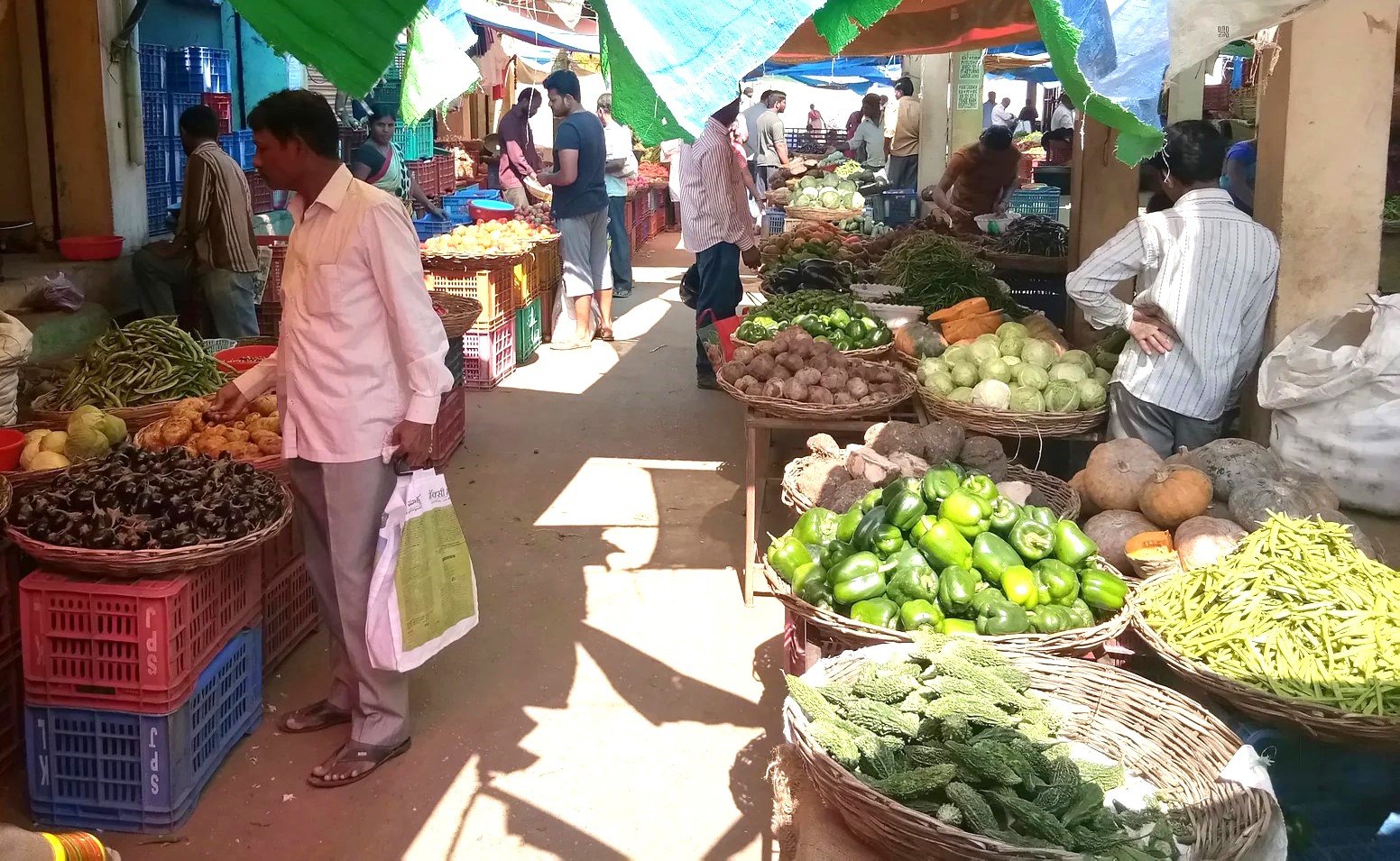
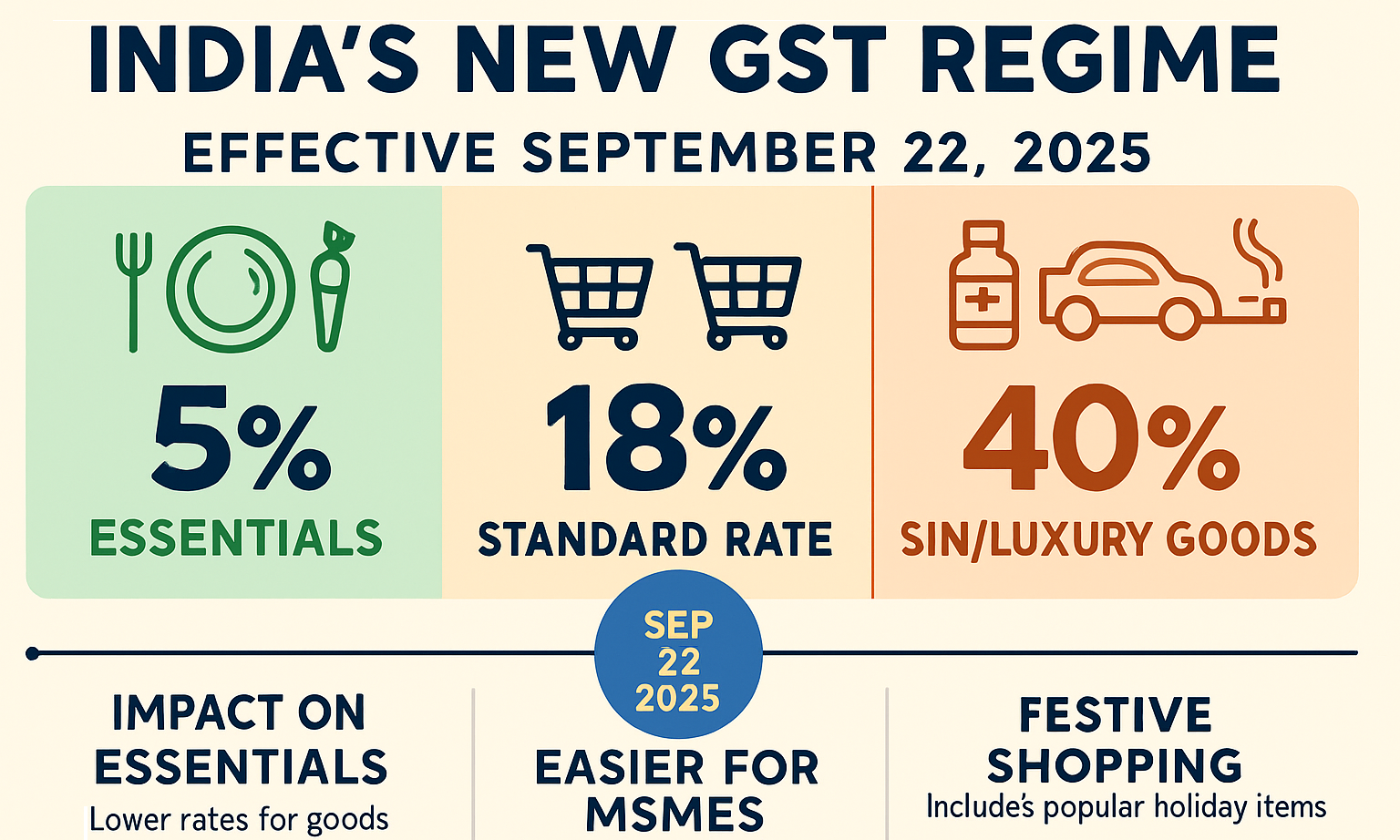
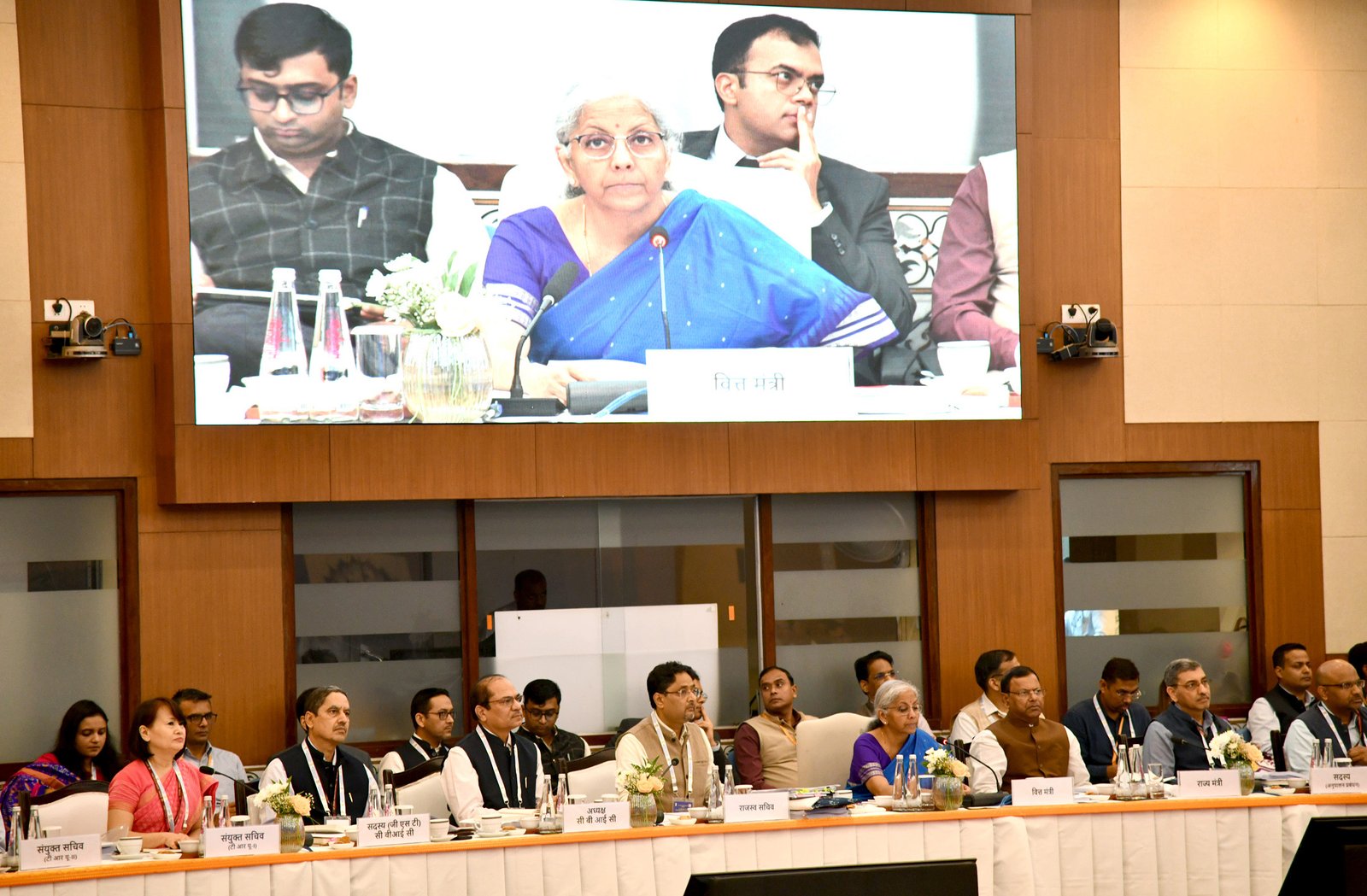

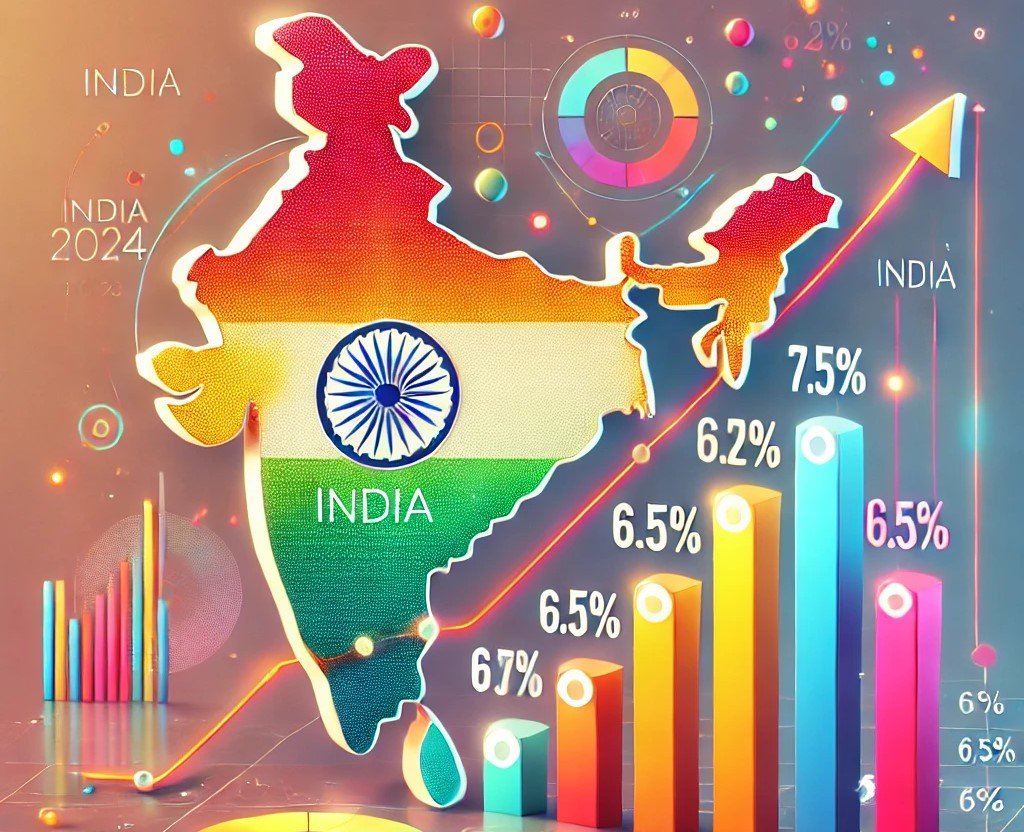
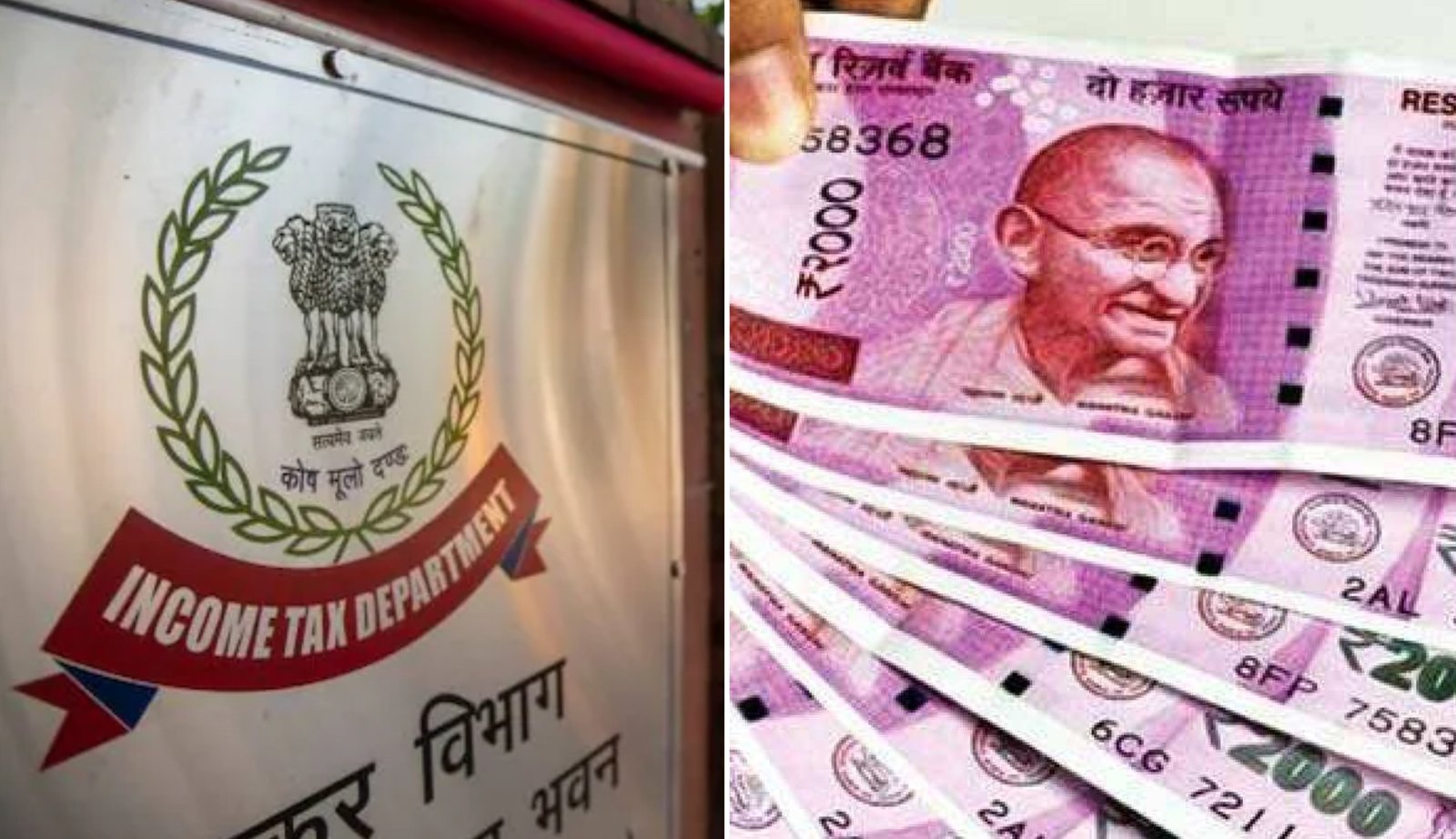
Reporter
Crisp, and to the point news coverage from India and around the world.
View Reporter News